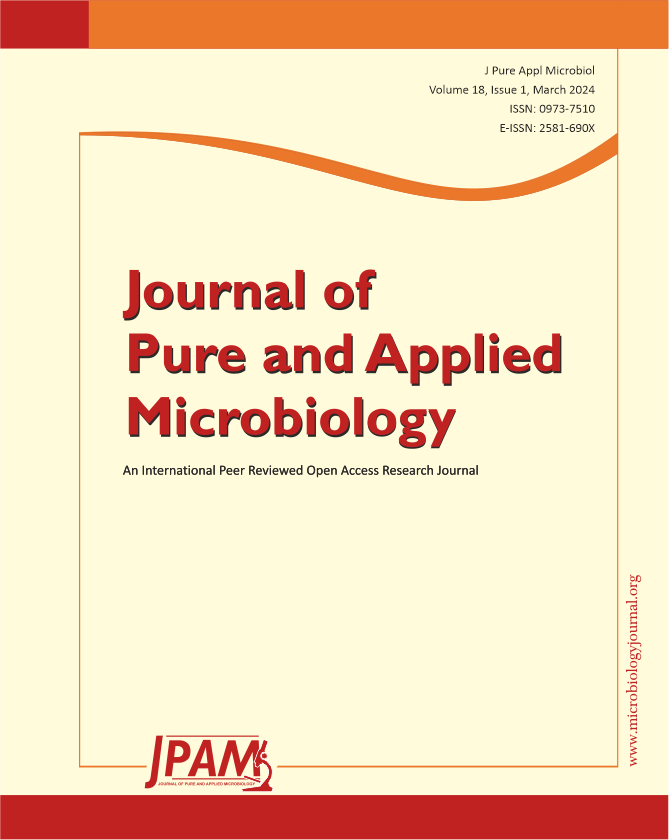Pregnant women are at high risk of urinary tract infections (UTIs). There is growing concern about the rise of Enterobacteriaceae that are resistant to drugs, including, more recently, those that produce carbapenemase. The study aimed to perform molecular detection and antibiograms of Enterobacteriaceae that produce carbapenemase in pregnant women with UTIs. Using clinical specimens taken from the general hospital in Qurrayat, Saudi Arabia, we identified 83 isolates of Enterobacteriaceae. Microscan WalkAway Plus and Phoenix automated analyzers were used to carry out bacterial isolation using standard microbiological procedures. DNA sequencing was employed to identify the carbapenemase bla genes, while phenotypic techniques and PCR were employed to characterize bacterial strains. The carbapenemase bla gene was detected among the 30 members of the Enterobacteriaceae. Of these 30, bla gene variants were found in 13 isolates (41%) blaOXA-23; 11 (35%) blaNDM-1; 10 (32%) blaNDM-5; 7 (22%) blaOXA-24; 4 (12%) blaVIM and 3 (9%) blaOXA-48. A statistically non-significant relationship between the blaNDM-1 and Klebsiella pneumoniae (p = 0.33) was seen, and the correlation between the blaNDM variants was not significantly associated with Pseudomonas aeruginosa (p = 0.5) and Escherichia coli (p = 0. 14). Antibiotic resistance was extremely common, as evidenced by the minimum inhibitory concentrations (MICs) in vitro of carbapenemase-producing Enterobacteriaceae against a number of antibiotic groups. These bacterial strains exhibited minimal resistance to amikacin (14; 46.6%) and were not resistant to two aminoglycosides, namely Ertapenem (30; 100%) and Meropenem (30; 100%). Our investigation shows that many Enterobacteriaceae that produce carbapenemases are a serious risk for pregnant women and others in the community. As a result, alternatives for therapy are limited to the aminoglycosides Ertapenem and Meropenem.
Carbapenemase, Enterobacteriaceae, Multidrug-resistant, Urinary Tract Infection
© The Author(s) 2024. Open Access. This article is distributed under the terms of the Creative Commons Attribution 4.0 International License which permits unrestricted use, sharing, distribution, and reproduction in any medium, provided you give appropriate credit to the original author(s) and the source, provide a link to the Creative Commons license, and indicate if changes were made.


